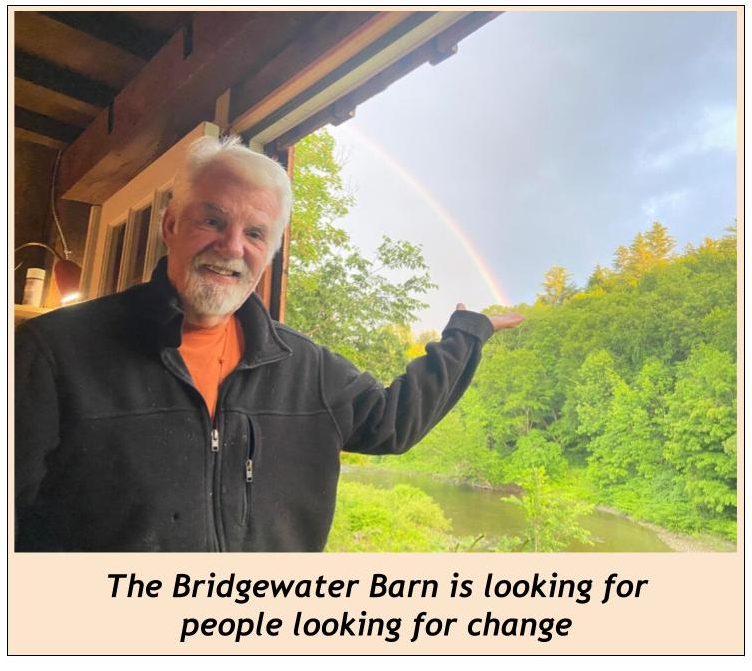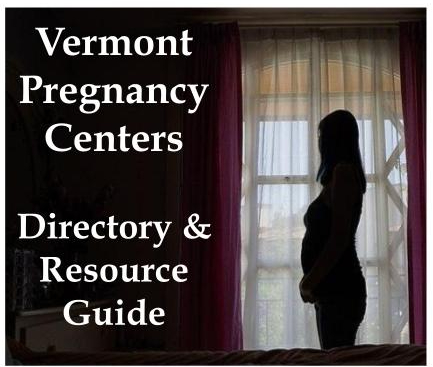The festival was on pause during the Covid-19 pandemic, and reviving it was no small feat.

After a four-year hiatus, the Green Mountain Film Festival returned to Montpelier’s silver screens March 15 to 17. Established in 1997 as a community-building event and filmmakers’ showcase, the festival was placed on pause during the Covid-19 pandemic and crawled out of hibernation for the first time since 2019.
Sam Kann, a Vermont-based artist and art events organizer, took charge of programming the festival, no small feat. Planning began months ago for her and her team, while festival advisory board chair Christopher Wiersema and others charted course behind the scenes for two years for the spectacle’s return.
The festival ran Thursday through Sunday that mid-March week, showcasing works from filmmakers local and global.
The weekend kicked off with an opening night party featuring the world premiere of a new film and music composition by Vermonters Andreas John and Evan Premo, “The Space Between,” a short feature profile that operated as a metacommentary on creation. Here’s what the audience at the debut saw:
From a dark screen emerged images of half-barren trees before the audience as they watched the film, followed by leaves falling in the gentle wind. A woman with striking white hair opened the door of a weathered barn and walked into the grasp of scattered light peeking through its paneled walls. She caressed a canvas and played with the light on the surface of the material. The shots panned and focused on the set’s interaction with illumination.
Then, a voice:
“I was in love — I was in love with the light.” It was Jan Sandman, self-described spiritual healer and artist, who during the film was shown using paint, a squeegee and rollers to see the interaction between canvas and light. She placed down sheets of paper on top of the wet paint before peeling them off to reveal the shadow left from their imprint.
“The whole time I feel the hugeness of being both held and witnessed and activated by what is already there,” said Sandman as a cello in the soundtrack hummed through the auditorium.
After a short Q&A session following the screening, the Montpelier Chamber Orchestra performed live while two local films — “Chamberpeace” by Natalie Jones and “The Green Mountain Project” by Tori Lawrence — ran projected in the background. And just like that, the weekend had begun.
Over 30 films showed on three screens in the capital over the course of the weekend, highlighting political and historical moments, issues of sexual and racial identity and themes of privilege and resilience.
Such a jam-packed weekend was the result of Kann and a team of 13 volunteers screening each of the hundreds of films submitted for consideration over the past several months.
Events and films screened at the Savoy Theater, a tiny two-screen art house cinema, and Capitol Theater, just five minutes down the street, for the duration of the weekend. The festival hub was Rabble-Rouser, an open plan coffee and chocolate shop, where guests could purchase tickets, ask any questions, hang out and purchase merch.
This year, Kann wanted the festival to bring light to filmmakers whose work may otherwise have never made it to Vermont. Organizers selected never-before-seen films and prioritized pieces by emerging artists.
A crowd filled the Savoy on March 16 for the documentary “Farming While Black” directed by Mark Decena, eager to learn and indulge in conversation about the experience of Black farmers in America. Afterward a panel of Black farmers from Vermont sat to chat and answer questions about mental strength and agrarianism. According to Kann, the documentary spurred “really strong conversations” and “really engaged the community in a powerful way.”
The foot traffic from the festival brought some warmth back into Montpelier after the devastating floods last summer.
John Killacky, artist and former Vermont state representative, both attended the festival and debuted a work of spoken poetry. He was inspired by the organizing team’s resilience and commitment to artists.
“To see Montpelier come back after the floods and to see sold out shows and to see restaurants filled and to see people walking the streets … it was like, Montpelier’s come back … and the film festival’s been really part of it. It’s like a renaissance,” said Killacky.
The Community News Service is a program in which University of Vermont students work with professional editors to provide content for local news outlets at no cost.
Categories: Society & Culture, Vermonters Making A Difference








Recent Comments